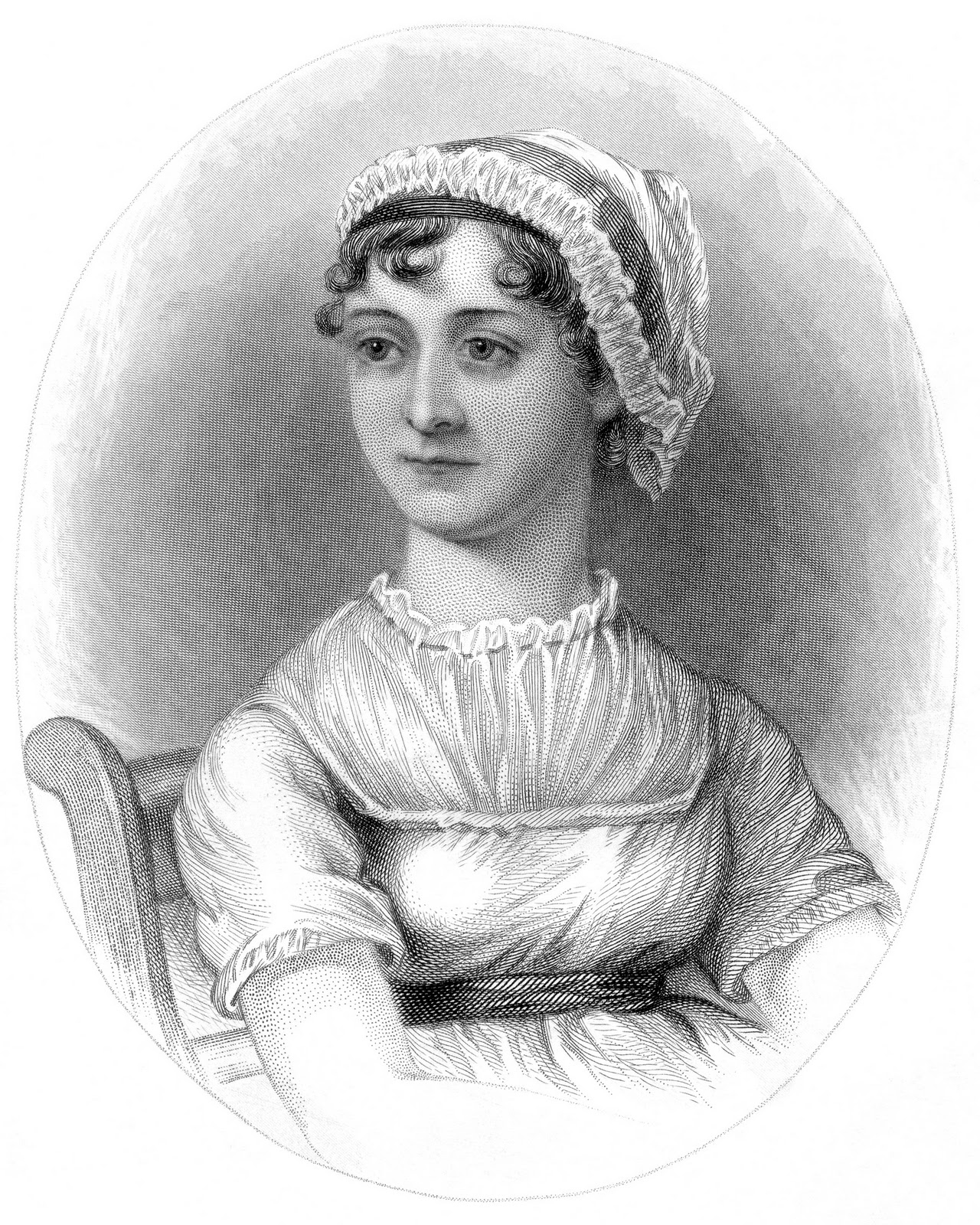The class of 1982, Rochester Grammar School for Girls, have Mrs Hough, English teacher extraordinaire, to thank for a thorough introduction to Jane Austen’s Pride and Prejudice. When she took over our lessons we were complete zeroes and she had to turn us into heroes.
The fourth years (as we were called then) had been left with a newly-qualified teacher who failed to teach anything for our O level course (though we learned a lot about her life). Her one legacy was a love of To Kill a Mockingbird, so she wasn’t all bad then.
So in came Mrs Hough. Friendly, maternal, a no-nonsense woman, who was horrified at the state her new class was in.
Having told us we had a fraction of the time we should have for O level study, she introduced us to a new marking scheme (anything over 20 was an A, over 15, B etc) and to ‘P&P’ as it came to be known. Trying to recall my own first impressions of this book is difficult but let’s just say it wasn’t until much later that it became my ‘read once a year’ book.
Firstly I was so green in those days I don’t think I could even pronounce ‘prejudice’ (let alone know what it meant) and secondly I remember thinking the 1980s equivalent of ‘whatever’ when Mrs Hough raved about that opening sentence, which was incomprehensible. I did like the short chapters that made ‘reading ahead’ simpler even though my heart sighed and ached when I reached the convoluted musings of Mr Collins or the conversations between the ladies at Netherfield. Bor-ring.
But such a good teacher was she that she demonstrated the whole novel’s structure in terms of plot and character; introducing the humour (I still laugh out loud at Mr Bennet’s ‘you must be a stranger to one of your parents’ speech), the themes of marriage and the conundrum of whether my newly-discovered heroine Elizabeth was in fact a gold digger. (I couldn’t face it then, though my cynical mind now suspects otherwise!)
It was the final year, Mrs Hough told us, that the novel was on the curriculum and ‘the examiners haven’t asked about the theme of marriage’.
And so we were drilled and drilled in nuptials from the point of view of all the women – Mrs Bennet, Jane, Elizabeth, Charlotte Lucas (what a let-down she is for any teenage feminist-in-training) – not to mention the men, exploring the motivations of Mr Darcy, Mr Collins and the wicked Wickham.
So for me, familiarity bred utter devotion. The book is hugely entertaining; Austen’s vicious observations would be a match for any gossip columnist in today’s newspapers; and her observations of human nature and relations are a joy.
In our classes with Mrs Hough, we touched upon the social background – the war and the poverty – but in the end P&P comes down to a fantastic story with memorable characters with which we identify. It is simple to forget that this novel became a template for a million love stories.
But that first moment you read Darcy’s heart-rending letter of explanation and his simple sign-off ‘I will only add, god bless you…’ as well as Elizabeth’s hearty denials to Lady Catherine that eventually seals their bond thrilled this little 15-year-old heart. As nervous O level students, we all had an educating Rita moment when we opened our exam scripts. ‘Discuss the theme of marriage in Pride and Prejudice.’
Smiles of recognition lit up the grim, airy exam hall and we all gave our silent thanks to Mrs Hough. Then, armed with pens, we wrote and wrote ourselves towards our A grades. Ever since, Pride and Prejudice has been my desert island book – my own copy is a red hardback published by Collins in 1982.
The paper is yellowing; it has coffee splattered along the pages which are sometimes folded. It wasn’t until last year that I found a typo in it. Still in one piece though; still my treasure.
Hilary Robertson, writer
‘Pride and Prejudice’ is one of my all-time favourite novels and one that I have recommended several times. Austen makes her world accessible to readers and her characters are always well-drawn and rounded – if not always very likeable.
Mr Darcy will always be Colin firth. However I imagined him to look before, he can never look any other way for me having seen the fi lm.
It is rare that a fi lm adds to enjoyment of a book, but I think this is one of those cases. I also once visited Jane Austen’s home in Hampshire and I will picture her at that desk forever. The romance of Mr Darcy’s casual attire and delight at seeing Elizabeth when she finally realises how much she loves him is something that will stay with me.
Teacher Alison Clayton, director of recent Simon Reade adaptation of novel at Wisbech Grammar School in 2011
I have liked the novel since the first time I read it and as I have grown older I have enjoyed it again and again, seeing different things at different ages. It’s a favourite because it is a Cinderella story, and when you enter Jane Austen’s world you meet people you know – and yourself.
When I first read the novel as a young teenager it would of course have been Elizabeth Bennet, because I wanted to be Elizabeth Bennet, but now it is obviously Mr Collins, because he is so deliciously loathsome. My favourite scene is the showdown with Lady Catherine de Bourgh.
From the moment you meet the character you are longing for somebody to put her in her place.
The characters are so skilfully drawn that in the hands of a good adapter, Simon Reade, a stage production can capture the fun and frivolity, but also the deep feeling. I know it is a girly book, but my very masculine



